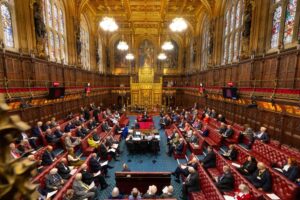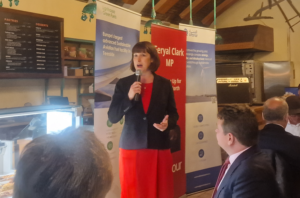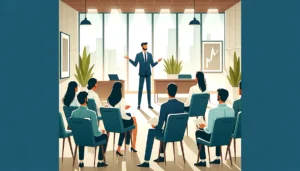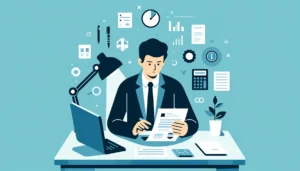Making diversity and inclusion a way of life at adidas group
- 4 Min Read
Adidas Group has won the accolade for ‘Britain’s Healthiest Workplace’ (Medium category, by Vitality) for four years – could you share some lessons on how Adidas has set an example against other participating organisations? What has the company done differently?
- Author: Rachel Montgomery-Young
- Date published: Nov 22, 2017
- Categories
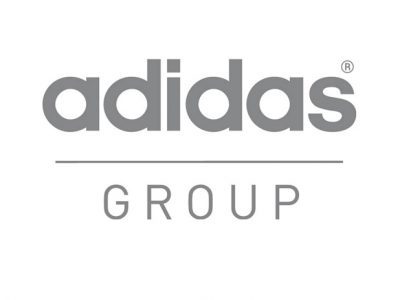
Tony Cooke, Senior Director, Human Resources, adidas Group is responsible for the organisations award winning CSR strategy; initiating many of the fundraising schemes for local and international charities. He is also the driving force behind the accolade of becoming ‘Britain’s Healthiest Company’ 4 years in succession. Tony joined HRD Connect to discuss diversity, inclusion and being Britain’s healthiest workplace.
Adidas Group has won the accolade for ‘Britain’s Healthiest Workplace’ (Medium category, by Vitality) for four years – could you share some lessons on how Adidas has set an example against other participating organisations? What has the company done differently?
When you consider the nature of our industry, it’s not surprising we have a good affinity with sport and wellness. And we made an active decision that we wouldn’t simply regard this wellness award that we received as a one-off project: we didn’t wake up one morning and say, ‘Right, everybody it would be great if we won the wellness award,’
Instead, we regard wellbeing as an integral part of our day-to-day activities – it’s woven into the fabric of the way we operate, and it’s a central part of our culture. And we’re trying to get employees to understand and embrace that it is not just all about going to the gym or spending time in cross-fit.
All of our managers need to embrace the notion of mental wellbeing and they go through a programme called Spot the Signs, which we have written specifically to help people understand mental health, and how they can notice warning signs, and more importantly how they can put action in place to prevent it rather than to have to start coming up with cures further on down the line.
What can organisations do to change their employee’s mindsets and ‘make diversity a way of life’?
We have had to go through a series of training programmes around inclusion and diversity and unconscious bias. Lots of other companies are doing this, but I think the key thing for us is to make sure that the seniors were acting as role models.
We focus on being inclusive and diverse in the way we recruit, train, develop and promote people; but you’ll notice that in our business there are no purposeful projects around inclusion or diversity.
Instead, we created a unit of people who were very passionate about inclusion and diversity. This group of people we have called the dive-in team. Taking its lead ‘dive’ from diversity and ‘in’ from inclusion. They make sure that we are being inclusive and diverse. Any examples where that wasn’t the case, it was dealt with internally by this group of people with help from HR and senior managers.
Those instances are increasingly rare after the period of education and cultural change that we have gone through. Three of our board members are the sponsors of dive-in so we want to make sure that all of this is not lip service, and people will look at our seniors and say yes they practice what they preach.
What have been the key challenges you have faced when implementing diversity strategies and how have they been overcome?
The key challenge is that most people believe that they are inclusive and diverse naturally, and that they didn’t have any unconscious biases. That required a big education process explaining that no matter how good we think we are, everybody will have a degree of unconscious bias.
So we went through a programme, using case studies and bringing speakers in to run sessions. As part of that, we did a lot on women in the organisation, we did a lot on LGBT. We are not resting on our laurels: if we don’t feel we know enough about an issue, we bring external people in to help, educate and collaborate with us.
As the driving force behind “Britain’s healthiest work place” – what does health and wellbeing mean to you?
I don’t think people regard it as a surprise that we have a wellbeing strategy. When they come on board, they expect us to have it in place, rather than it being a ‘nice to have’. It’s really about heart, mind and soul essentially that we are working on to keep them engaged, happy and physically and mentally fit.



